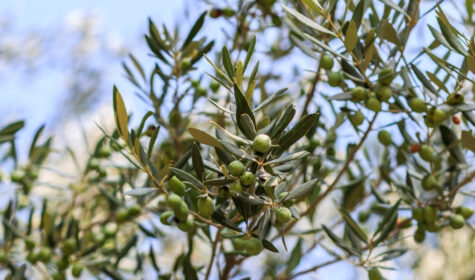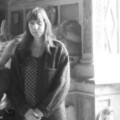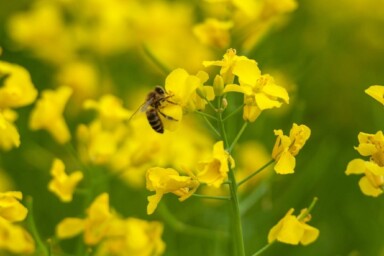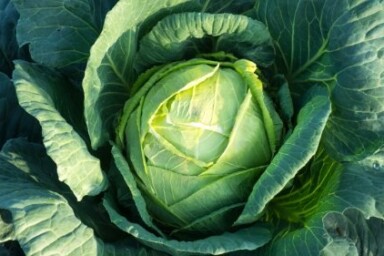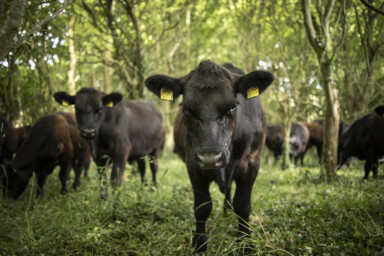‘The olive tree is like a child. I tend its growth as I would tend my children.’
Awad Melhim sits on a rock on a sunny windy day in Anin, Palestine, and surveys his farm. Behind him, a beautiful semi-wild, semi-cultivated landscape stretches between blue hills in the background and olive trees to the fore. For me, watching from the mild, damp west of Britain, it is instantly recognisable as the dry exotic ‘Holy Land’ that featured in childhood Sunday School picture books. It would appear as if little had changed since the days depicted in those books if it weren’t for ‘The Wall’ – a monstrous blot cutting through an ancient scene, dividing the land from one horizon to the other.
The construction of the Israeli West Bank Barrier, or ‘Separation Wall’ as it is more commonly known, started in 2002. It runs for 440 miles (708 kilometres) with 85% of its length inside the West Bank, often up to 12 miles away from the actual Palestine/Israel border. As a result, approximately 13.5% of the West Bank is on the other side of the Wall, including 20 dunum (2 hectares) of Awad’s land.
Awad is sitting on a rock, talking into a microphone in a wind that sometimes makes it difficult to hear what he and his interpreter, Taysir Arbasi, are saying to those of us listening by Zoom, in offices, kitchens and living rooms across the UK. (Taysir Arbasi is Advocacy and Liaison Officer for Zaytoun – a Fairtrade company that supports Palestinian farmers.) Cathi Pawson, co-founder of Zaytoun, tries to get things in order when the sound disappears altogether, and I take the opportunity to look closely at Awad’s land and try to imagine being separated from a third of my land by a 26 foot (8 metre) high slab of concrete and wire.
The annual Fairtrade Fortnight (‘Choose the world you want’ festival) is focussing this year on the climate crisis, and Awad and Taysir are talking about climate resilience and what that means for farming under occupation in Palestine. Despite the technical difficulties, it is one of the wonders of modern technology that we, in the UK, can join them, ‘Live from the olive groves’, to hear their first-hand accounts and opinions.
